Home » Dane County Extension Horticulture » Green Thumb Gardening Classes » Green Thumb Gardening – Vegetable Series
Green Thumb Gardening – Vegetable Series
The Green Thumb Gardening vegetable series will help you to keep your kitchen garden thriving! The series covers many aspects of vegetable gardening for a robust background in vegetable production. UW-Madison Extension educators and UW specialists will provide in-depth, practical information for the novice to the experienced gardener. Classes are recorded (except Vegetable Diseases) and handouts are provided for your further review after each session.
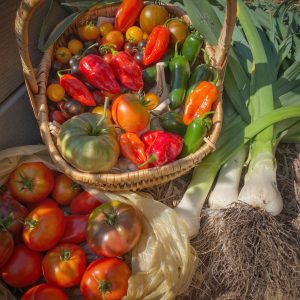
January 15 – Planning the Organic Vegetable Garden
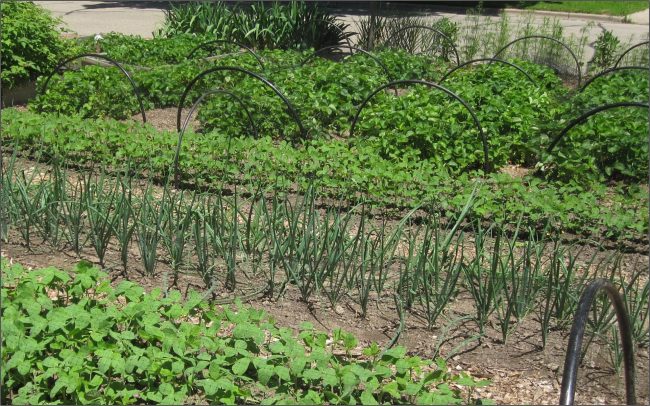
This class will provide strategies and tips for advanced organic gardeners, as well as well as newer gardeners. We will talk about timing of crops, spacing, building productive soils, using cover crops, and more. You will leave with at least four electronic copies of handouts full of great information.
January 22 – Seed Starting
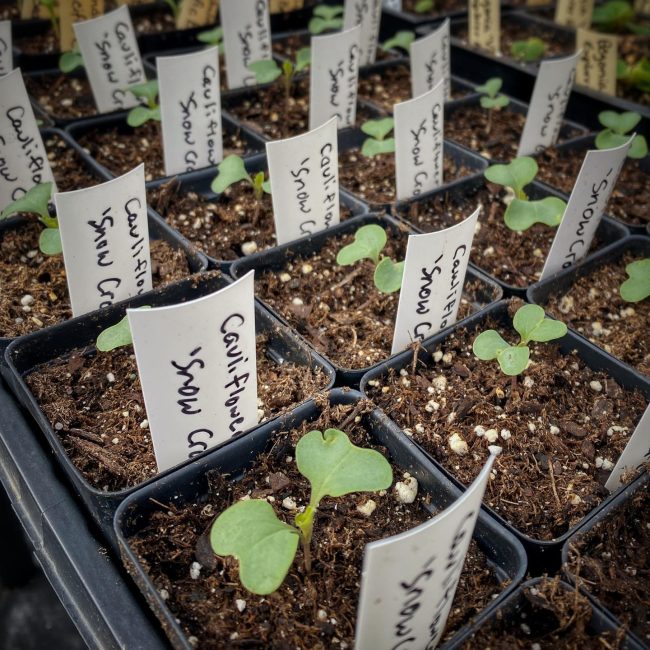
If you are a new gardener, or just looking for some tips on starting seeds, this lecture will cover it. You will get an electronic copy of a handout on optimal soil temperatures for the germination of many crops and other handouts.
January 29 – Soils, Soil Testing, & Fertilizers
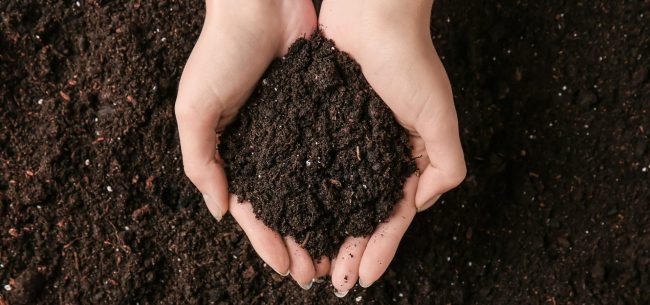
Good soils are vital to growing healthy plants. This class will review physical and chemical structure of soils, pH, organic matter, and techniques for improving the soil you have. We will also cover soil testing and test results. We will review how to understand labels and select and calculate how to apply the correct rate of fertilizer products (both organic and traditional), as well as interpreting soil test results.
February 5 – Vegetable Crops & Specialized Gardening Techniques

We will cover cultural techniques for growing various popular vegetables and will briefly discuss some specialized gardening techniques such as square foot, straw bale, and lasagna gardening.
February 19 – Composting
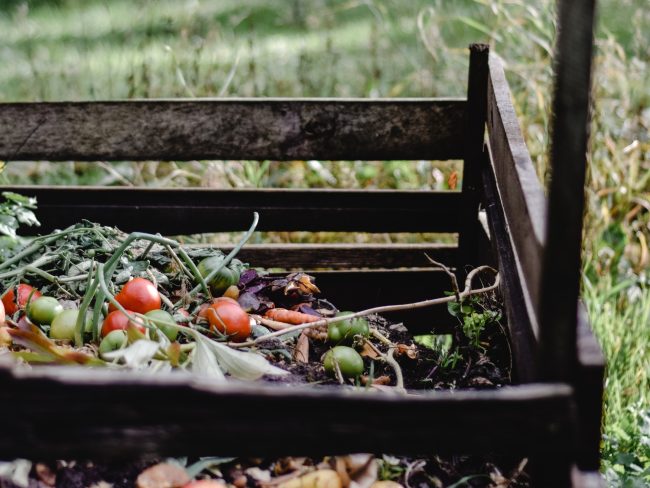
Composting is a great way to dispose of leftover crop material and turn it into valuable organic matter that you can use later to improve the structure, water-holding capacity, and nutrient content of your soil. Basic composting theory, troubleshooting, and several methods of composting will be covered.
February 26 – Vegetable Insect Management
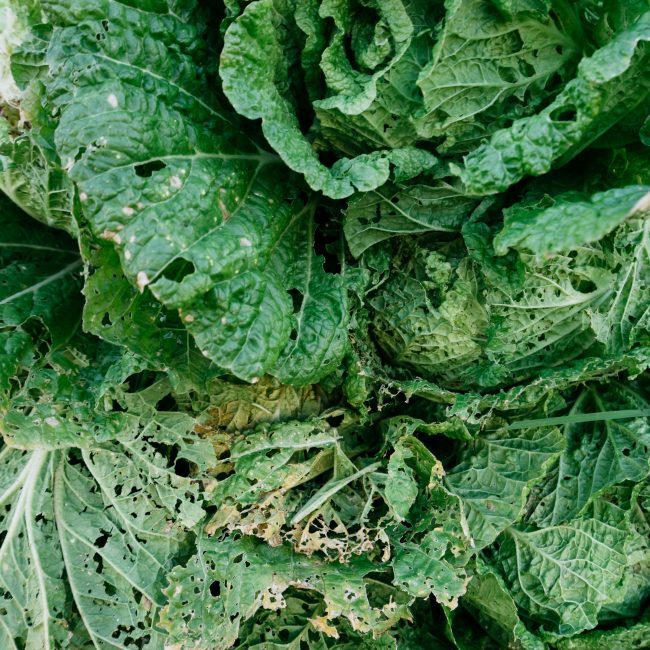
Dr. Russ Groves of UW-Madison Wisconsin Vegetable Crop Entomology will review the life cycles common insect pests of a variety of crops and give you techniques to combat them in the garden. You will receive a number of electronic fact sheets on insects covered during the talk.
March 5 – Vegetable Garden Weed Management
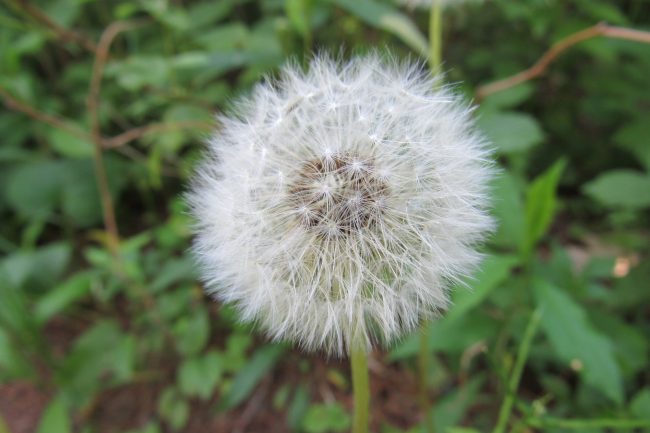
Learn how to identify various common weeds in the vegetable garden and use their life cycles and other techniques to manage them. Cultural techniques will be stressed, but organic and traditional chemical control products will be briefly discussed as well.
March 12 – Cover Crops for the Vegetable Garden
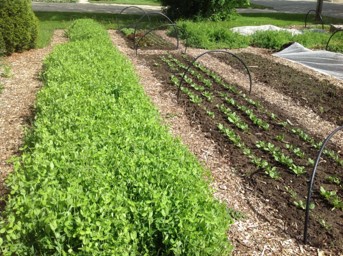
Cover crops bring extra nutrients to the soil and help control weeds. Some also attract pollinators, which can help increase your crop yield. We will talk about different types of cover crops to use in different situations, as well as when to plant and how to remove them.
March 19 – Vegetable Crop Disease Management
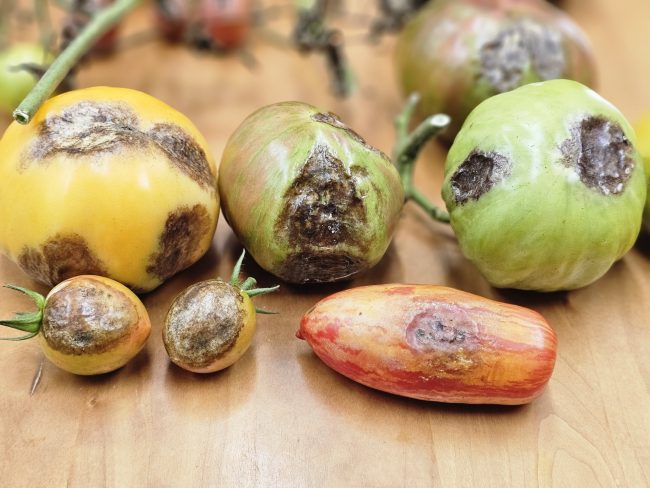
Brian Hudelson, Director of the Plant Disease Diagnostics Clinic, will speak about common diseases of vegetables and their management. You will get tips and strategies for preventing disease, as well and digital copies of a number of fact sheets on various common vegetable diseases. NOTE: THIS CLASS IS NOT RECORDED
March 26 – Vegetable Garden Succession Planting, Companion Planting, & Season Extension
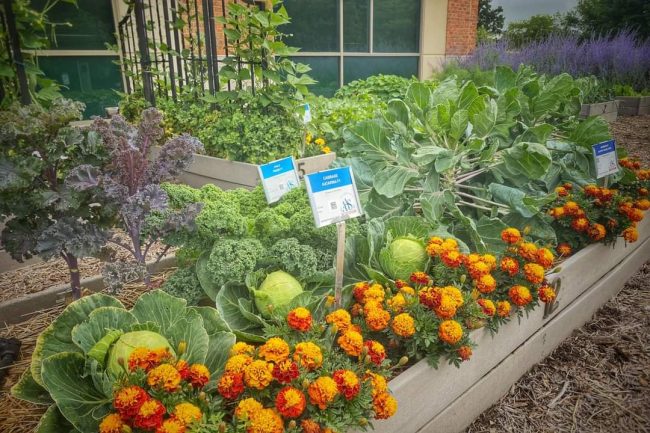
Learn how to plan for and select fall succession crops. We will also cover companion planting as a technique, how companion plants work, and some good pairings. We will finish with a review of some season extension techniques that can be used in spring and fall.




